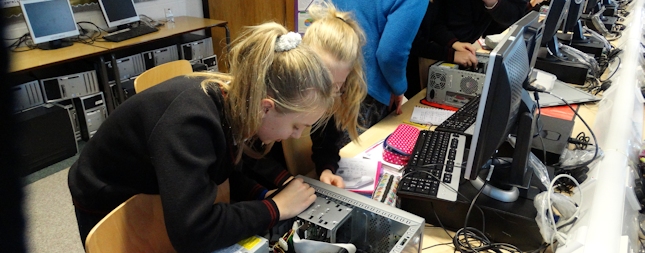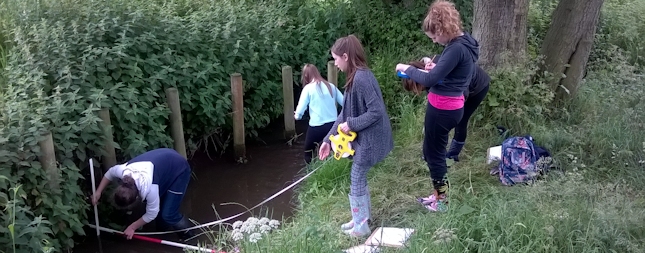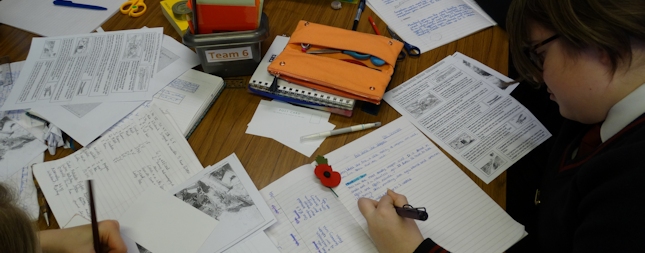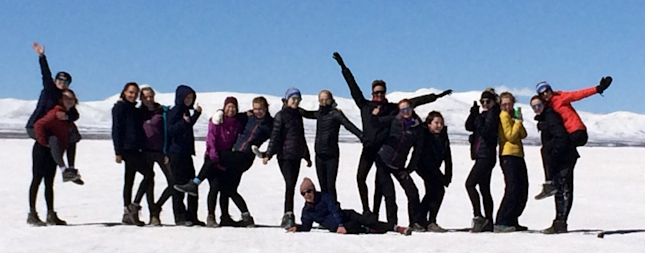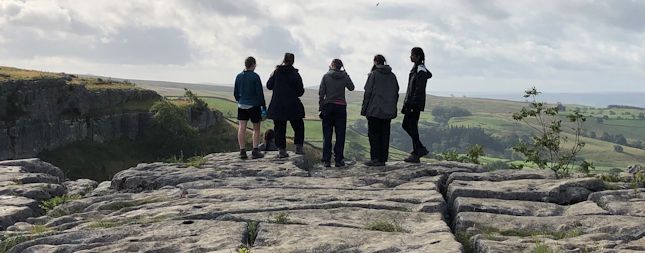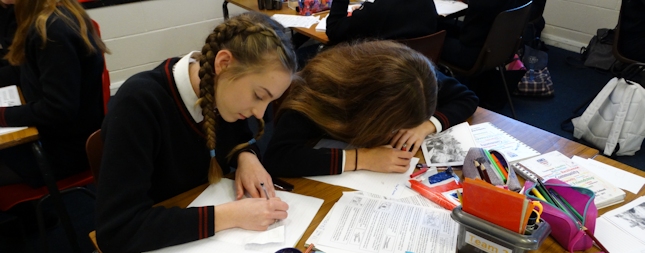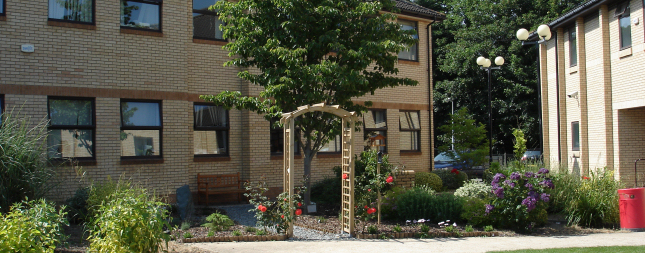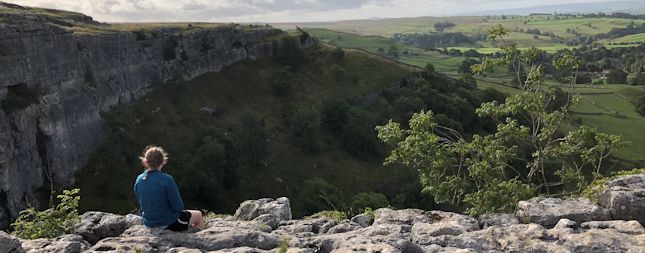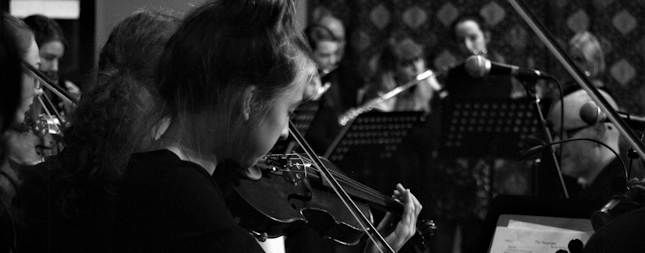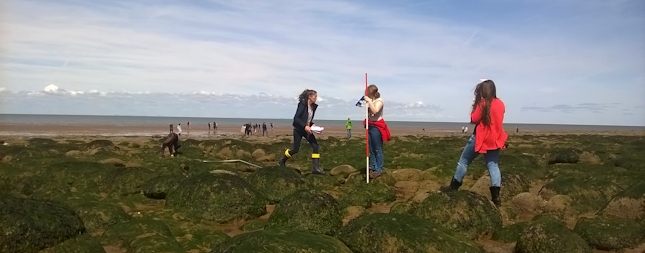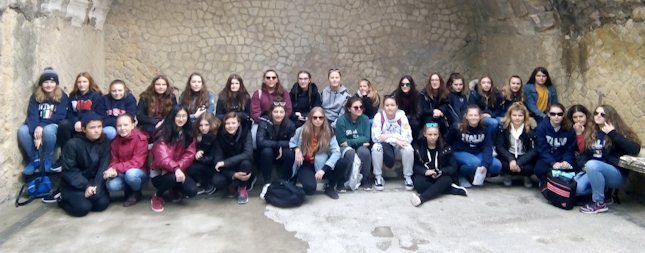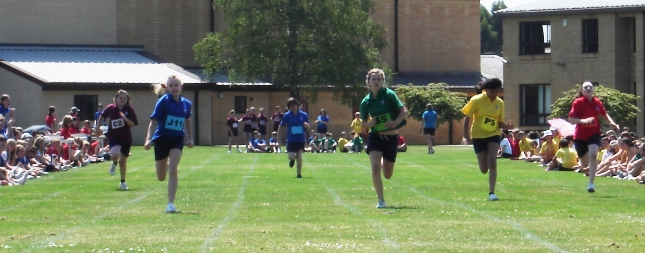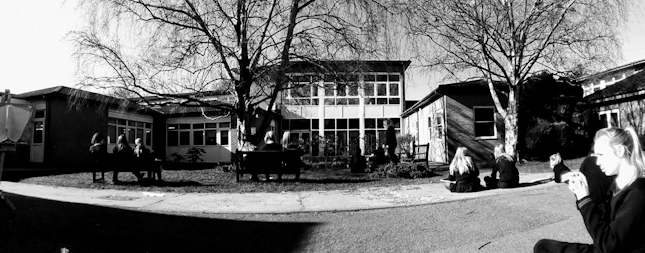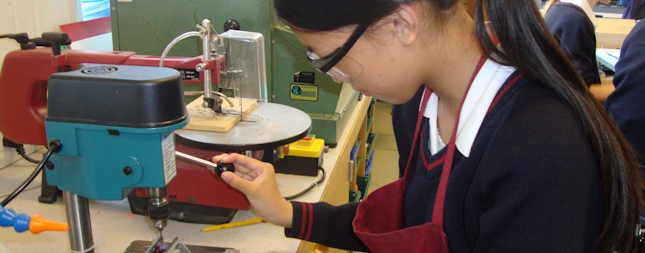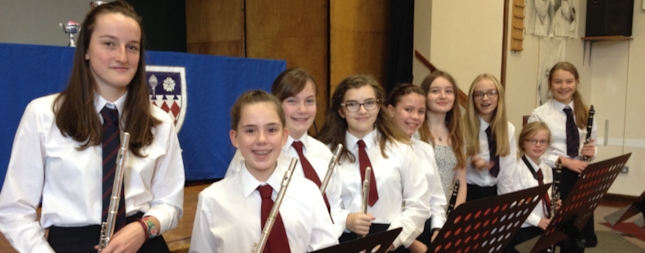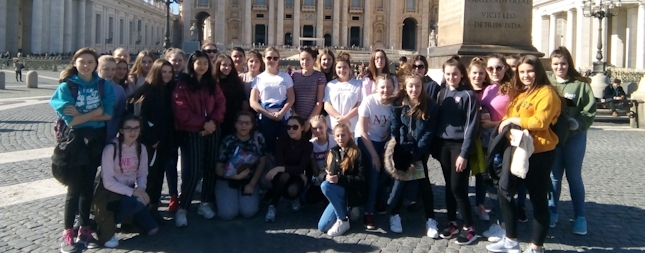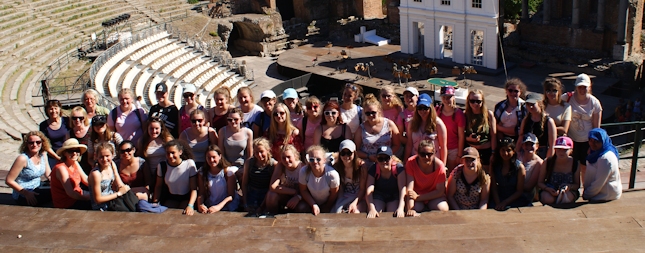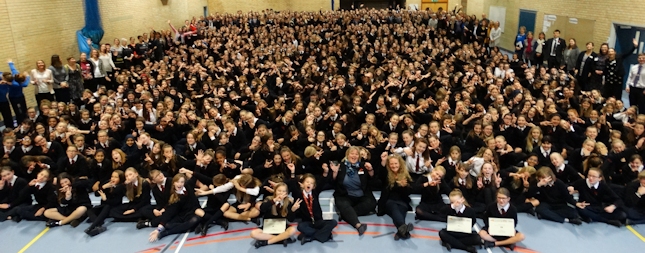At Spalding High School, we teach Edexcel A-Level History. Students complete four units; three are assessed by examination and the other by coursework. We believe that our A-Level exposes students to a wide variety of time periods, places and types of history that means that when they leave the school they have a broad and well-rounded historical understanding that equips them well for the demands of further academic study. Like all A-Levels, this is a challenging course that is suited to the independently minded who enjoy reading about the past and the opportunity to analyse it to reach their own conclusions.
Pupils are expected to:
1. Demonstrate, organise and communicate knowledge and understanding to analyse and evaluate the key features of the periods studied, making substantiated judgements and exploring concepts, as relevant, of cause, consequence, change, continuity, similarity, difference and significance.
2. Analyse and evaluate appropriate source material within its historical context.
3. Analyse and evaluate different ways in which aspects of the past have been interpreted.
Year 12
In Year 12, we study Edexcel Route H - Democracies in Change.
Unit 1 is ‘Britain Transformed, 1918-97’. This contemporary breadth study considers the social, cultural and political changes of the period and gives the student an insight into how the world in which they live has been shaped. A major focus for this course is interpreting the actions and legacy of Margaret Thatcher and how she moved Britain away from its position in 1979. This unit is worth 30% of the A-level and is assessed by a 2 hour 15 minute examination.
Unit 2 is ‘America c1920-55: Boom, Bust and Recovery’ and offers a complimentary course to Britain that provides many opportunities for comparison in the ways that both countries developed in the period. This unit, which is a depth study, has a more economic focus, focusing extensively at the Great Depression and the periods of prosperity that both proceed and follow it. The course also looks at American society and culture within this period, including the growth of jazz and shifting racial attitudes. By studying this course, students will have the opportunity to examine a short period of time but with a high level of detail and analysis. This unit is worth 20% of the A-Level and is assessed by 1 hour 30 minute examination.
Year 13
In Year 13, students move away from the modern era to study a very different Britain - that of the Tudors (Option 31). Having already developed an understanding of democratic Britain, students now consider in detail the political challenges facing the Tudors across the period 1485-1603, with a particular focus on rebellion and disorder. This module ensures that students have an understanding of both the breadth of the Tudor Monarchy's attempts to control England as well as in-depth examinations of 5 case studies of disorder. This unit is worth 30% of the A-level and is assessed by a 2 hour 15 minute examination. In addition, during Year 13, complete their independent coursework project. This is a 4000 word essay that is worth 20% of the final mark.
Link to past papers
Testimonials
“I thoroughly enjoyed studying history at A-Level. The department were so supportive and gave detailed advice on how to improve. I have developed essay writing skills which help me with my further studies beyond Spalding High School.”
“By studying history, I have more confidence challenging statements and in justifying my opinions both in writing and conversation. I have gained a love of debating controversial topics.”
“Studying history is hard. It requires dedication to get it right. However, if you put the time in, you get a very satisfying reward. It is worthwhile in the end!”

